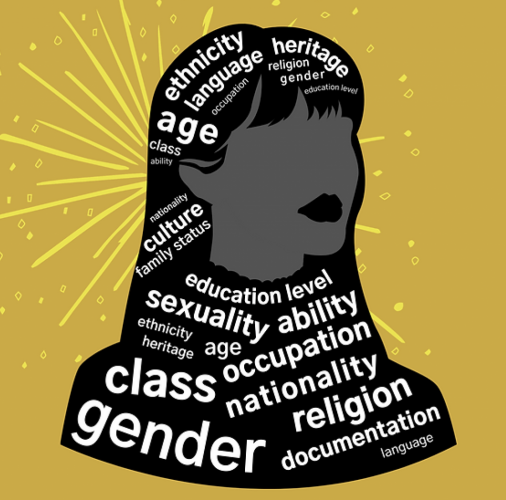I find Kwame Anthony Appiah’s questioning of what is a religion is interesting as he challenges the categorisations of religion, questioning the legitimacy of its defining characteristics and the agenda of the European Christians that did the grouping. A lens of presumed understanding distorts, poetry lost in translation. ‘what have they got instead of christianity’
His explanation that a clear cut divide and separation in Western cultures between ‘Science (organising intellectual authority), and religion’ is unique not universal perspective has challenged me to question the unwritten biases weighted towards a societal understanding that champions science as the only true understanding and is divert from god. This reminds me of conversations around regenerative land practices; much damage has been done in dismissal of native knowledge, in favour of assumed authority by colonisers, with bad scientific practices and short term plights for profit. Old wisdom, passed from ancestors, our connection to source, a channel of endlessness severed by temporary false profits.
To me, these sources demonstrate how faith or religion is not separated from any element of life. Faith, religion, and one’s positionality informs experience. Just as intersectionality and positionality is diverse, the individual experience of faith is diverse – it is cultural and complex, not a fixed identity or position and it will be experienced very differently from person to person depending on their personal relationship to their faith. We bring our whole selves wherever we go. As Christianity and university learning has been (is) a colonising tool, it has been positioned as a ‘norm’ or standard baseline of experience. It means a Christian student has little to no assimilation or adjustments needed to be successful in a UK classroom, however this is not true of a Muslim, or Jewish student. I think this is most easily identified with university scheduling. The academic year is built around Christian calendars, Christmas and Easter are firmly inside academic breaks, allowing Christian and cultural Christian students to visit with family at holy times of the year without penalty. However, Ramadan falls at a time of academic assessment – missing this to visit would have detrimental costs to academic outcomes.
The final video places discrimination and racism at the base of the USA (and UK) history and names very active outcomes from systemic racism present today. Similarly this source also argues that all people from a community is not the same, community is diverse. There are multiple ways of looking at the same thing. I resonate with the call to come with empathy, to engage with difference with inquisitive natures. The speaker talks to holding conversations in the classroom to dissect how power can be found in fear mongering, brings us to understand interrogate and challenge what we are coming into contact with. Both this video and Dr Haifaa agree that fear stems from ‘lack of knowledge and understanding in each other’s lives’ – a good call to build in student agency, to invite students to share more of themselves in a safe inclusive space, where their experiences, references and expressions are met with kindness and curiosity, instead of assumed knowledge.
What Dr Haifaa expands upon is the relationship between Islamophobia and the increased visibility of visible Muslim women in the media, and in sports. I think that her writings on inclusive practices in sport are applicable to my own work in arts education as it demonstrates solutions available to create a just world, if we aren’t afraid to break away from traditions that ultimately don’t serve us all. Haifaa doesn’t call for all hijabs to be added to the unform for all women, nor does she call for all sporting spaces to be segregated, but she highlights two additional factors that may prevent a person from enjoying sport. In her calls to action there is an understanding that one solution will not be appropriate for all, but that choice and an embracing of new practices can allow us all to enjoy without compromise.
In the course I work on, students are asked to identify their own values and ethics in order to determine their own parameters of success and enquiry in their research.
From accessing these sources I feel that I need to research more with my peers, to support students in investigating how their faith may inform their work. I would like to have conversations with graduates of the course to reflect on how their final projects intersect with faith or spirituality. Empowerment to engage with faith communities in final projects. Perhaps this would be an interesting co-project to work on – recording interventions that engage with elements of faith – how faith informs relationship with climate, racial and social just design and expression. Every year a very small amount of students and staff indicate religion as a part of their identity in UAL surveys – it makes me question if UAL’s barriers are too large to pass through into education, or if there is a censoring of identity in order to assimilate for safety and inclusion.
